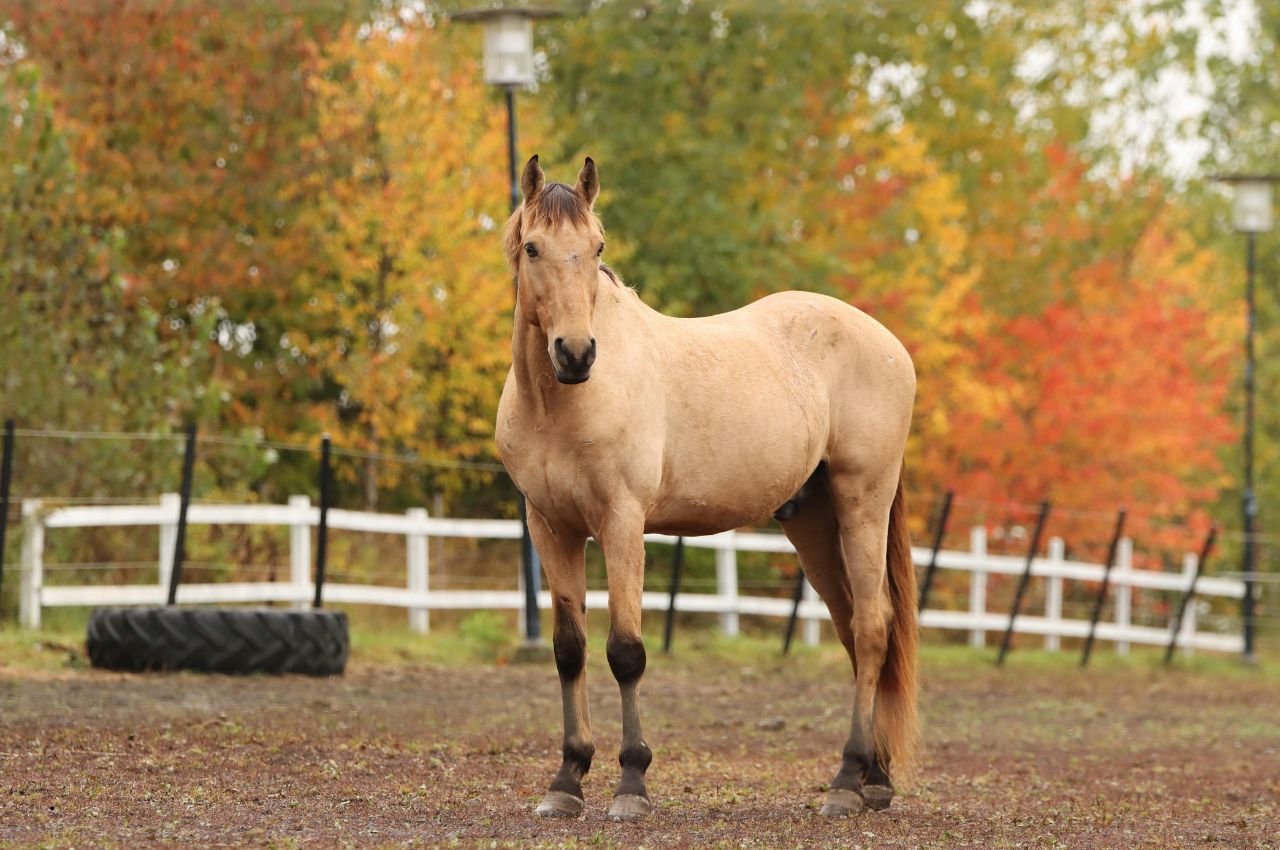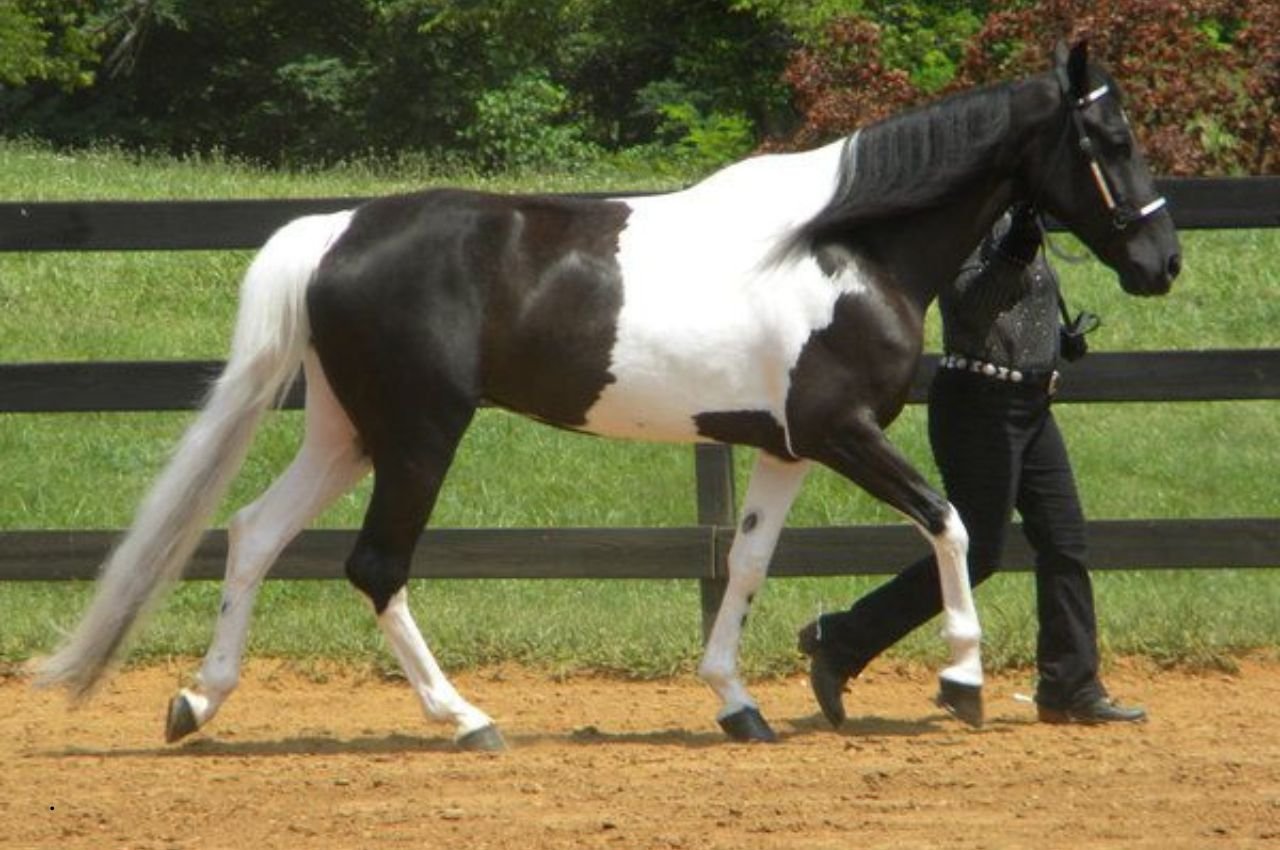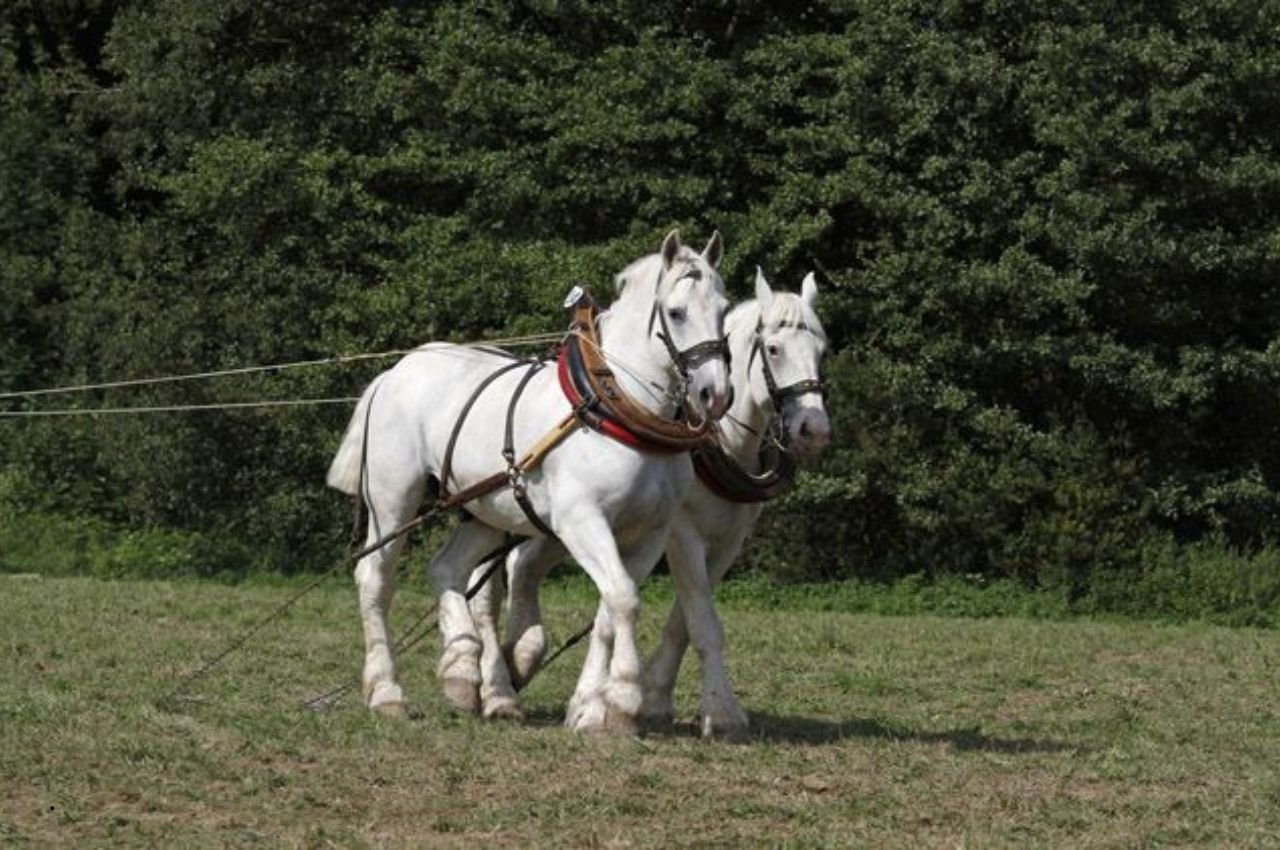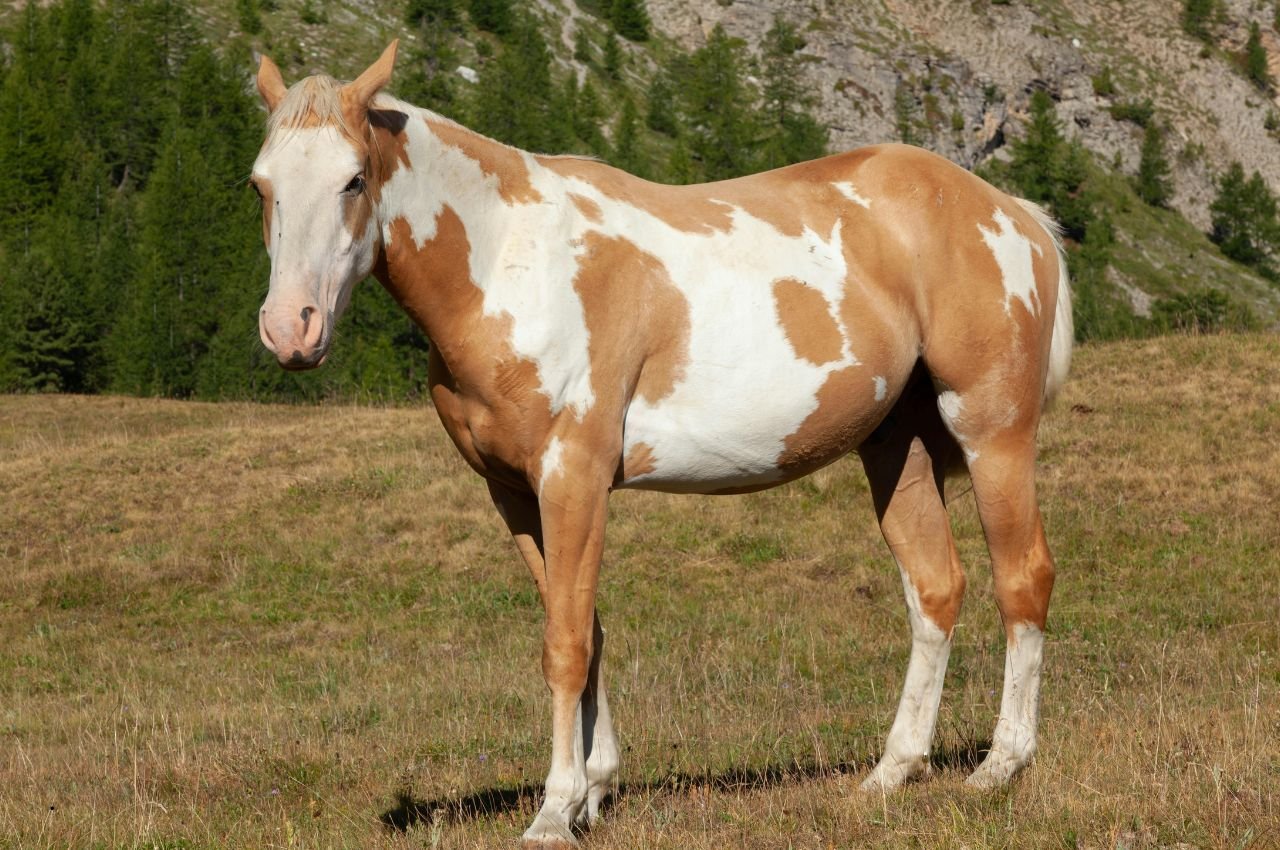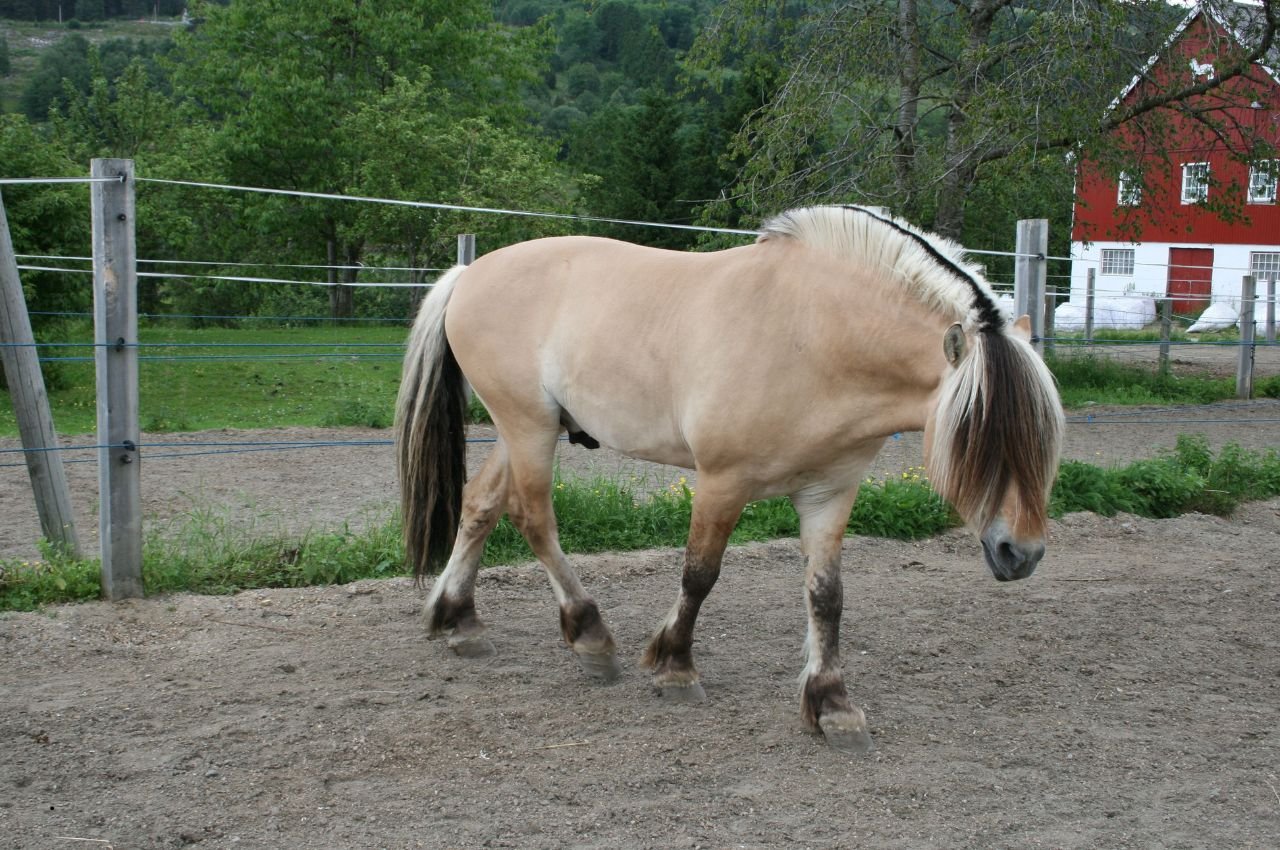Maintaining a healthy weight is essential for a horse’s overall health and performance. Whether your horse is overweight or underweight, managing their weight properly is crucial to prevent complications such as joint problems, digestive issues, and decreased stamina. Obesity can lead to conditions like laminitis, while being too thin can cause weakness, poor coat condition, and even organ failure.
In this blog, we’ll discuss five effective and safe tips for healthy weight management in horses. These tips will help you ensure that your equine companion maintains an ideal weight for their health and longevity.
Table of Contents
1. Monitor Your Horse’s Body Condition Score (BCS)
One of the first steps in managing your horse’s weight is to regularly assess their body condition. The Body Condition Score (BCS) system is a scale used to evaluate the horse’s fat coverage, helping you determine whether they are underweight, overweight, or in an ideal condition.
- BCS Scale: The scale ranges from 1 (emaciated) to 9 (obese). A score of 5 is considered ideal for most horses.
- How to Check BCS: You can evaluate BCS by looking at the horse’s ribs, back, and neck. If their ribs are visible, they may be underweight, while a thick layer of fat over the ribs, along the neck, and behind the shoulders may indicate overweight status.
Regularly checking your horse’s BCS will help you make informed decisions about their diet and exercise routine, enabling you to make adjustments as needed.
2. Adjust Their Diet Accordingly
Diet plays a central role in your horse’s weight management. Whether you’re working to reduce or increase your horse’s weight, the right balance of nutrients is essential.
- For Weight Loss: Reduce high-calorie feeds, especially grains and sugary treats, while maintaining sufficient roughage such as hay or pasture. If your horse needs to lose weight, it’s important to do so gradually. Rapid weight loss can lead to muscle loss or digestive issues.
- For Weight Gain: Provide a higher-calorie diet with more concentrated feeds, such as grains and supplements, to encourage healthy weight gain. High-quality hay, pasture, or forage should still make up the majority of their diet.
- Monitor Fiber Intake: Ensure your horse’s diet is high in fiber, which aids in digestion and helps maintain a healthy metabolism. Fiber also keeps the horse feeling full longer and aids in weight management.
Consider consulting with a veterinarian or equine nutritionist to create a tailored diet plan for your horse.
3. Exercise Regularly and Consistently
Exercise is an essential component of weight management. Regular, consistent exercise helps maintain muscle mass, promotes fat loss, and improves overall fitness.
- For Overweight Horses: Incorporate gradual, low-impact exercises such as walking or light trotting to help burn excess calories without straining your horse’s joints. As your horse’s fitness level increases, you can add more intense activities such as cantering or working under saddle.
- For Underweight Horses: Exercise can help stimulate appetite and improve muscle tone. Gentle walking and trotting are great options to encourage the horse to gain lean muscle and build strength without overexertion.
- Consider Activity Level: Depending on your horse’s condition and age, tailor their exercise routine to ensure they’re getting enough physical activity without risking overtraining or injury.
Regular exercise helps maintain a healthy metabolism and ensures that your horse’s body uses the nutrients in their diet effectively.
4. Use Portion Control and Avoid Free-Choice Feeding
Free-choice feeding, where horses have unlimited access to food, is often a cause of overweight horses, especially when feeding grain or high-calorie feeds. Similarly, underfeeding or giving irregular portions can lead to nutritional imbalances and inadequate weight gain in underweight horses.
- For Weight Loss: Implement portion control by offering measured portions of grain and hay. Consider using slow-feed hay nets to slow down your horse’s eating and promote better digestion. Aim to feed them multiple small meals throughout the day rather than large meals to prevent overfeeding and promote satiety.
- For Weight Gain: Underweight horses may benefit from multiple feedings throughout the day to ensure they get enough calories. However, make sure portions are well-balanced and offer nutrient-rich feeds. Slow-feeding methods can also be used for this purpose.
Avoiding free-choice feeding and practicing portion control helps you regulate your horse’s caloric intake and achieve the desired weight goals safely.
5. Monitor and Adjust Regularly
Maintaining a healthy weight for your horse is an ongoing process. Regularly monitor your horse’s weight and body condition to track their progress. Weight management is not a one-time effort; it requires continuous assessment and adjustments.
- Regular Weighing: If possible, weigh your horse periodically to ensure they are on the right track. This can be done using a horse scale or weight tape.
- Observe Behavioral Changes: If your horse suddenly loses or gains weight rapidly, it could indicate a health issue, such as parasites, illness, or digestive problems. Always consult your vet if you notice unusual changes.
- Adjustments: Based on your observations, adjust your horse’s exercise routine and diet plan as needed. For example, if your horse is losing weight too quickly, you may need to add more calories to their diet. Similarly, if they are not losing weight as expected, you might need to increase exercise or reduce high-calorie treats.
It’s important to stay proactive and make necessary adjustments to maintain a healthy weight in your horse.
Conclusion
Maintaining a healthy weight is an essential part of caring for your horse. By regularly monitoring their body condition, adjusting their diet, and providing consistent exercise, you can help your horse stay at an ideal weight that supports their health and performance. Whether you are working to help your horse lose or gain weight, patience and consistency are key. Always remember that gradual changes are more effective and healthier than drastic measures, and don’t hesitate to consult with a veterinarian or nutritionist to ensure your horse’s weight management plan is balanced and safe.
With these five tips, you’ll be well on your way to managing your horse’s weight and ensuring they lead a long, healthy life.
FAQs
How do I know if my horse is overweight or underweight?
Use the Body Condition Score (BCS) system to evaluate your horse’s weight. A score of 5 is ideal, while scores below 5 indicate underweight and above 5 indicate overweight. Regularly assess your horse’s ribs, neck, and back to determine their condition.
How can I help my overweight horse lose weight?
To help your horse lose weight, reduce high-calorie feeds like grains and sugary treats, increase their exercise routine, and implement portion control. Always make gradual changes to avoid stress on your horse’s body.
What is the best exercise for a horse trying to lose weight?
Gradual, low-impact exercises like walking and trotting are ideal for overweight horses. These activities help burn calories without straining their joints. Over time, you can add more intense activities such as cantering.
How can I encourage my underweight horse to gain weight?
Provide a higher-calorie diet with nutrient-rich feeds, such as grains and forage. Increase the frequency of feedings and offer high-quality hay and pasture. Adding fat supplements or soaked grains can also help promote healthy weight gain.
Should I weigh my horse regularly?
Yes, regularly weighing your horse or using a weight tape can help track their progress. This will ensure that they are steadily moving towards their ideal weight and allow you to make necessary adjustments to their diet and exercise routine.


